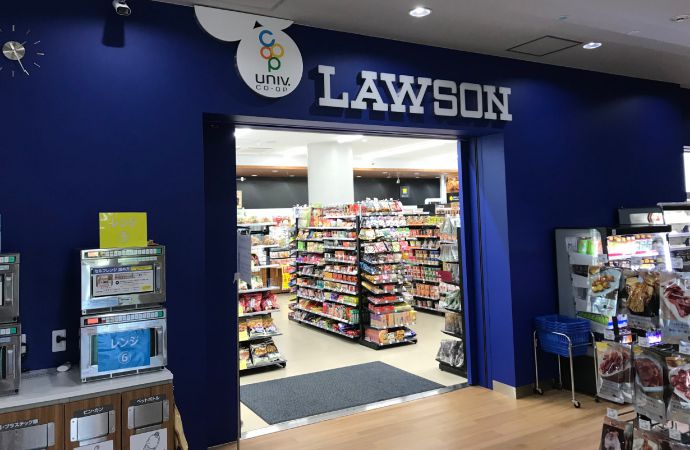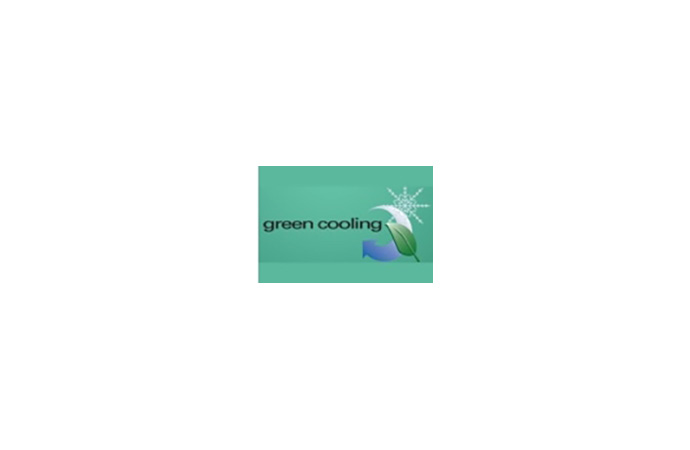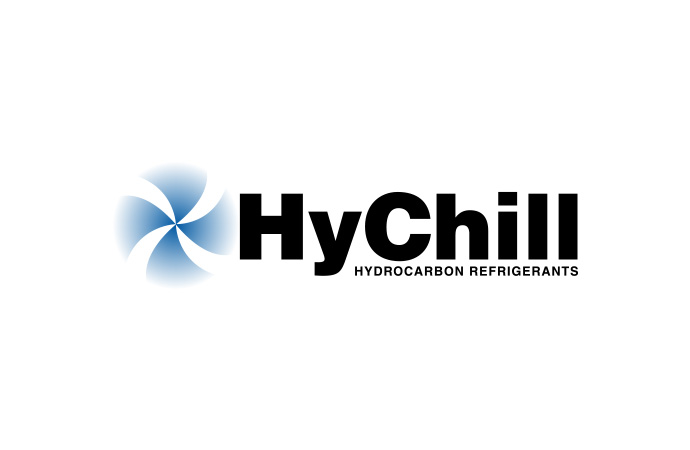A presentation by HyChill at a side event held during last week’s Montreal Protocol negotiations drew upon the Australian automotive air conditioning sector’s many years of experience with the safe use of hydrocarbons and the relevance of this undertaking to countries beyond Australia. Market share analysis revealed that the share of hydrocarbons (HCs) exceeds 10% in the Australian motor vehicle air-conditioning (MAC) service sector.

More than 40 participants, representing governments, UN agencies, intergovernmental and non-governmental organisations and industry, gathered for a side event titled “Natural Refrigerants in Article 5 countries”, organised on 25 November 2011 by shecco in the context of the 23rd meeting of the Parties (MOP23) to the Montreal Protocol on Substances that Deplete the Ozone Layer.
Spotlight on automotive AC with hydrocarbons
John W Clark, Technical Advisor at HyChill Australia Pty. Ltd, shared Australia’s experience with using hydrocarbon refrigerants in automotive air conditioning. HyChill, a well-recognised brand in Australia and the Asia Pacific region, is a supplier of various pure and blended hydrocarbon refrigerants. HyChill’s founders have been selling hydrocarbon refrigerants to the Australian automotive AC sector since the mid 1990’s, and market share has been trending upward since then.
Market share analysis
HyChill has carried out a market share analysis based on own sales figures of hydrocarbon refrigerant to both the service sector and vehicle OEMs, as well as on data published by the Australian government. Accordingly, hydrocarbons represented a market share of:
The presenter highlighted that the figures were conservative, as they neither account for vehicles manufactured for export nor for hydrocarbon refrigerant suppliers in the Australian market other than HyChill.
Superior performance in extreme conditions is HCs’ main selling point
“Many end users and installers are unaware of the climate benefits of their choice of refrigerant”, noted Mr Clark. It is rather superior performance that is the main selling point of hydrocarbons in Australia’s automotive AC sector, as it:
Relevance of HyChill’s MAC success beyond Australia
There is a great opportunity in countries that are transitioning away from HCFCs (Article 5 countries) to leap frog HFCs in MACs and go directly to hydrocarbons which will allow them to:
Regarding larger systems with hydrocarbons, the presenter referred to the large number of hydrocarbon retrofits that have been conducted by third parties across Asia, but stressed that these require specific skills and training. In this sector, “the real future is new systems designed specifically for hydrocarbons”, he argued.
Overcoming last significant barrier to mass market adoption of HCs
Closing his presentation, Mr Clark noted that as the historical record of hydrocarbon usage across various applications grows, it will become obvious to more and more people that hydrocarbons can be applied safely, the only remaining significant barrier to adoption by the mass markets. “It is only a matter of time”.
About HyChill
HyChill Australia Pty Ltd has been an expert in hydrocarbon refrigerants since 1999 but with expertise in the industry going back 30 years. The founders of HyChill started in hydrocarbon refrigerants approximately 15 years ago first as a wholesaler and then going direct to market in 2000 with the “HyChill” brand. It’s flagship product “Minus 30” is a replacement for R12 and R134a in automotive applications and now has a significant share of the automotive aftermarket business in Australia. The introduction of domestic refrigerators and numerous commercial/domestic applications for hydrocarbons over recent years has created new growth for hydrocarbons like HyChill “Minus 10”. With offices in Asia and a head office based at the manufacturing plant in Melbourne, Victoria, Australia, its natural direct replacements are shipped worldwide to OEM’s and other customers.
Spotlight on automotive AC with hydrocarbons
John W Clark, Technical Advisor at HyChill Australia Pty. Ltd, shared Australia’s experience with using hydrocarbon refrigerants in automotive air conditioning. HyChill, a well-recognised brand in Australia and the Asia Pacific region, is a supplier of various pure and blended hydrocarbon refrigerants. HyChill’s founders have been selling hydrocarbon refrigerants to the Australian automotive AC sector since the mid 1990’s, and market share has been trending upward since then.
Market share analysis
HyChill has carried out a market share analysis based on own sales figures of hydrocarbon refrigerant to both the service sector and vehicle OEMs, as well as on data published by the Australian government. Accordingly, hydrocarbons represented a market share of:
- 8.9% of automotive AC service market in 2006
- 7.1% of total automotive AC market in 2006
- 10.9% of automotive AC service market in 2010
- 8.5% of total automotive AC market in 2010
The presenter highlighted that the figures were conservative, as they neither account for vehicles manufactured for export nor for hydrocarbon refrigerant suppliers in the Australian market other than HyChill.
Superior performance in extreme conditions is HCs’ main selling point
“Many end users and installers are unaware of the climate benefits of their choice of refrigerant”, noted Mr Clark. It is rather superior performance that is the main selling point of hydrocarbons in Australia’s automotive AC sector, as it:
- Has significantly faster “pull down”
- Has superior cooling capacity
- Excels in extremely hot climates/conditions, which are also found in many of the countries that are now stepping up efforts to phase out HCFCs (countries operating under Article 5 of the Montreal Protocol)
Relevance of HyChill’s MAC success beyond Australia
There is a great opportunity in countries that are transitioning away from HCFCs (Article 5 countries) to leap frog HFCs in MACs and go directly to hydrocarbons which will allow them to:
- Create massive climate savings,
- Improve vehicle fuel economy and
- Improve passenger comfort
Regarding larger systems with hydrocarbons, the presenter referred to the large number of hydrocarbon retrofits that have been conducted by third parties across Asia, but stressed that these require specific skills and training. In this sector, “the real future is new systems designed specifically for hydrocarbons”, he argued.
Overcoming last significant barrier to mass market adoption of HCs
Closing his presentation, Mr Clark noted that as the historical record of hydrocarbon usage across various applications grows, it will become obvious to more and more people that hydrocarbons can be applied safely, the only remaining significant barrier to adoption by the mass markets. “It is only a matter of time”.
About HyChill
HyChill Australia Pty Ltd has been an expert in hydrocarbon refrigerants since 1999 but with expertise in the industry going back 30 years. The founders of HyChill started in hydrocarbon refrigerants approximately 15 years ago first as a wholesaler and then going direct to market in 2000 with the “HyChill” brand. It’s flagship product “Minus 30” is a replacement for R12 and R134a in automotive applications and now has a significant share of the automotive aftermarket business in Australia. The introduction of domestic refrigerators and numerous commercial/domestic applications for hydrocarbons over recent years has created new growth for hydrocarbons like HyChill “Minus 10”. With offices in Asia and a head office based at the manufacturing plant in Melbourne, Victoria, Australia, its natural direct replacements are shipped worldwide to OEM’s and other customers.
MORE INFORMATION
Related stories






